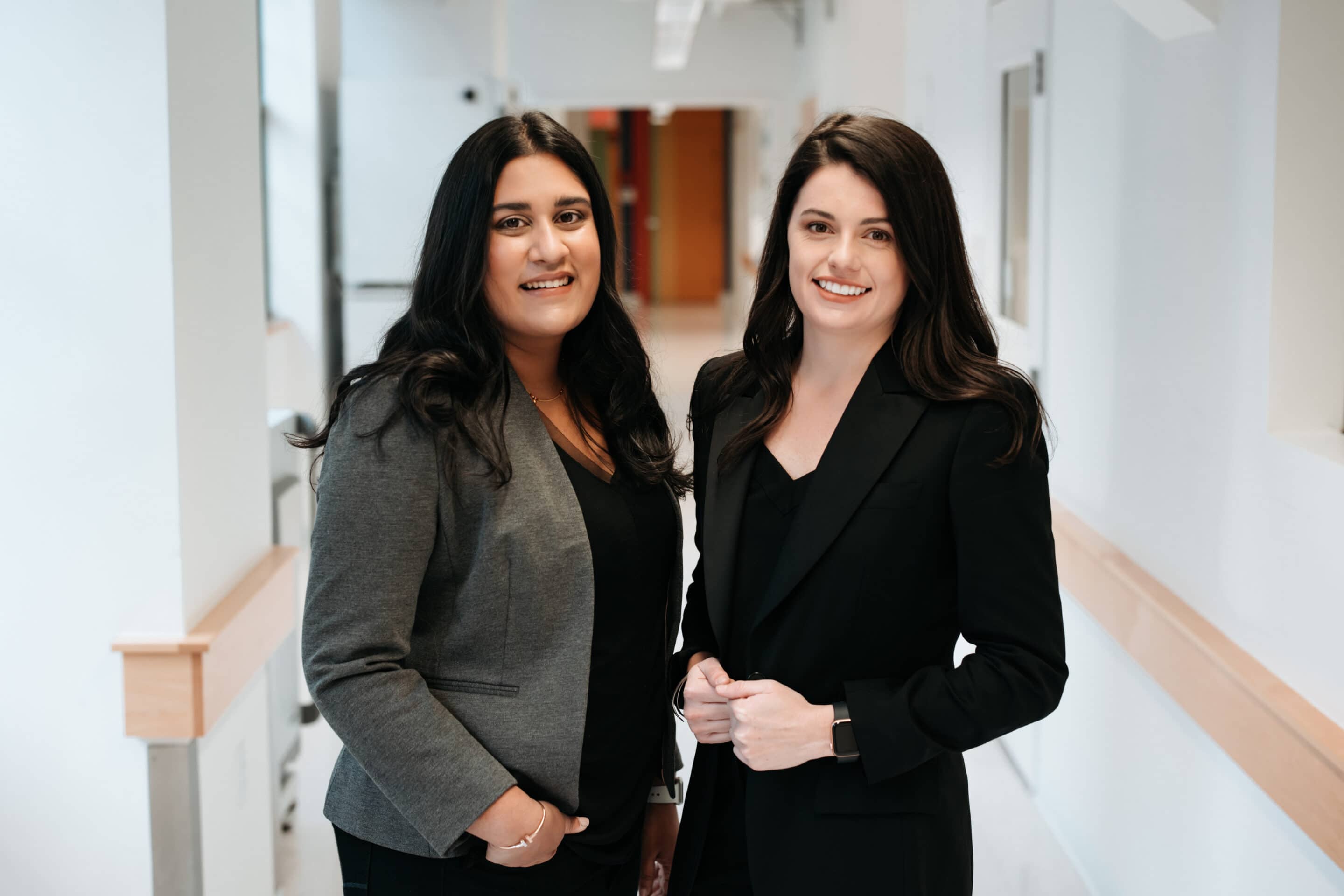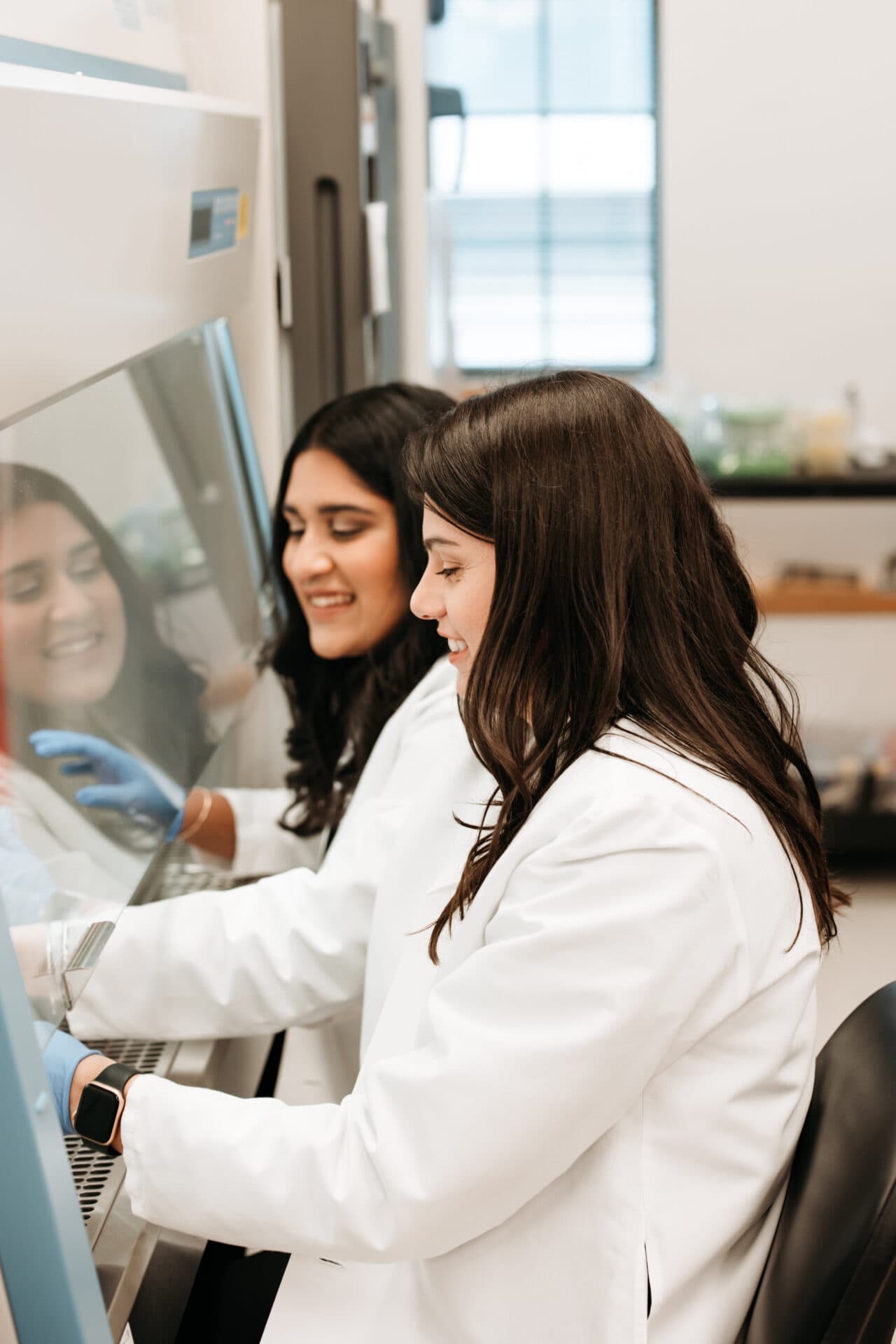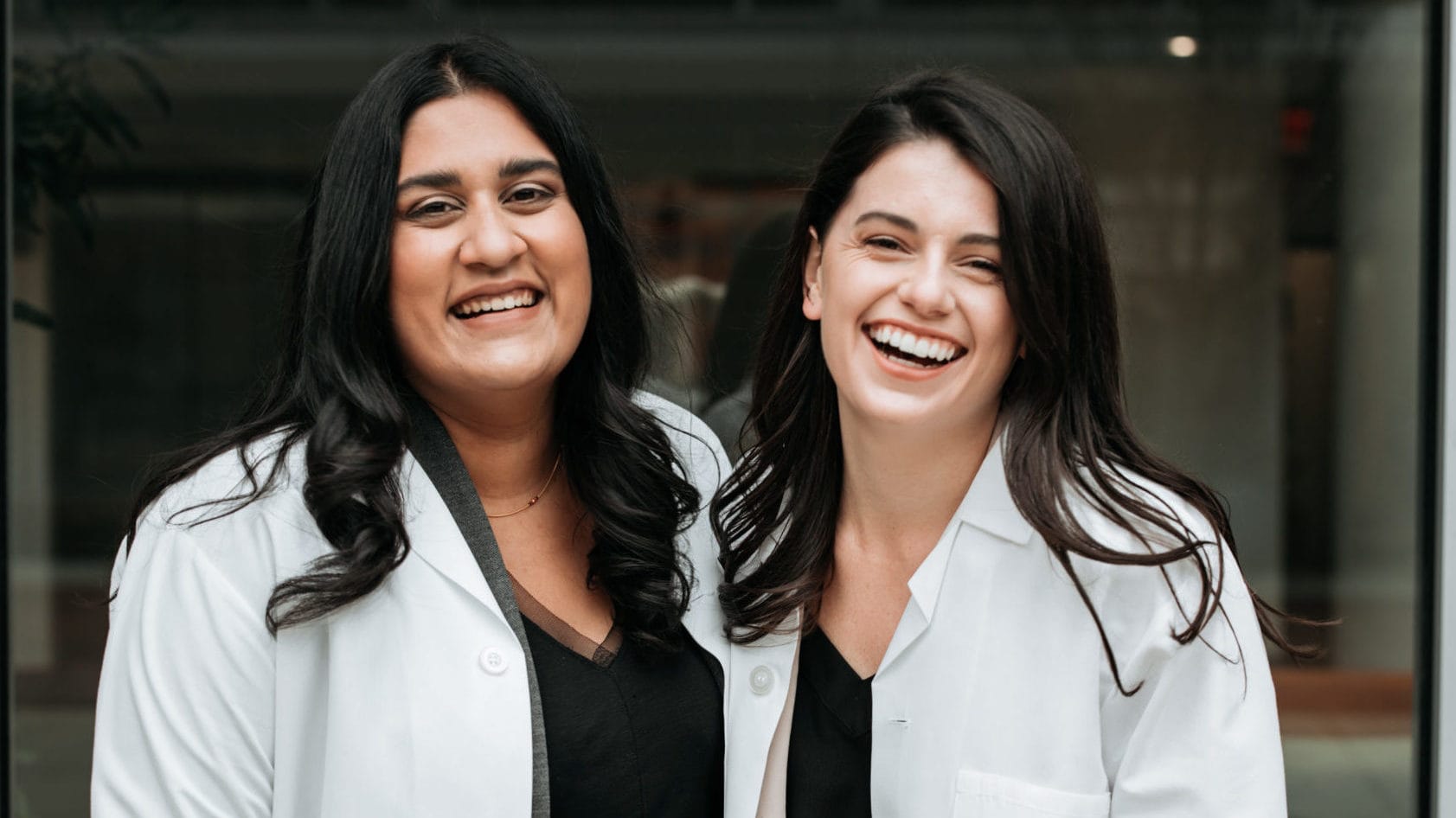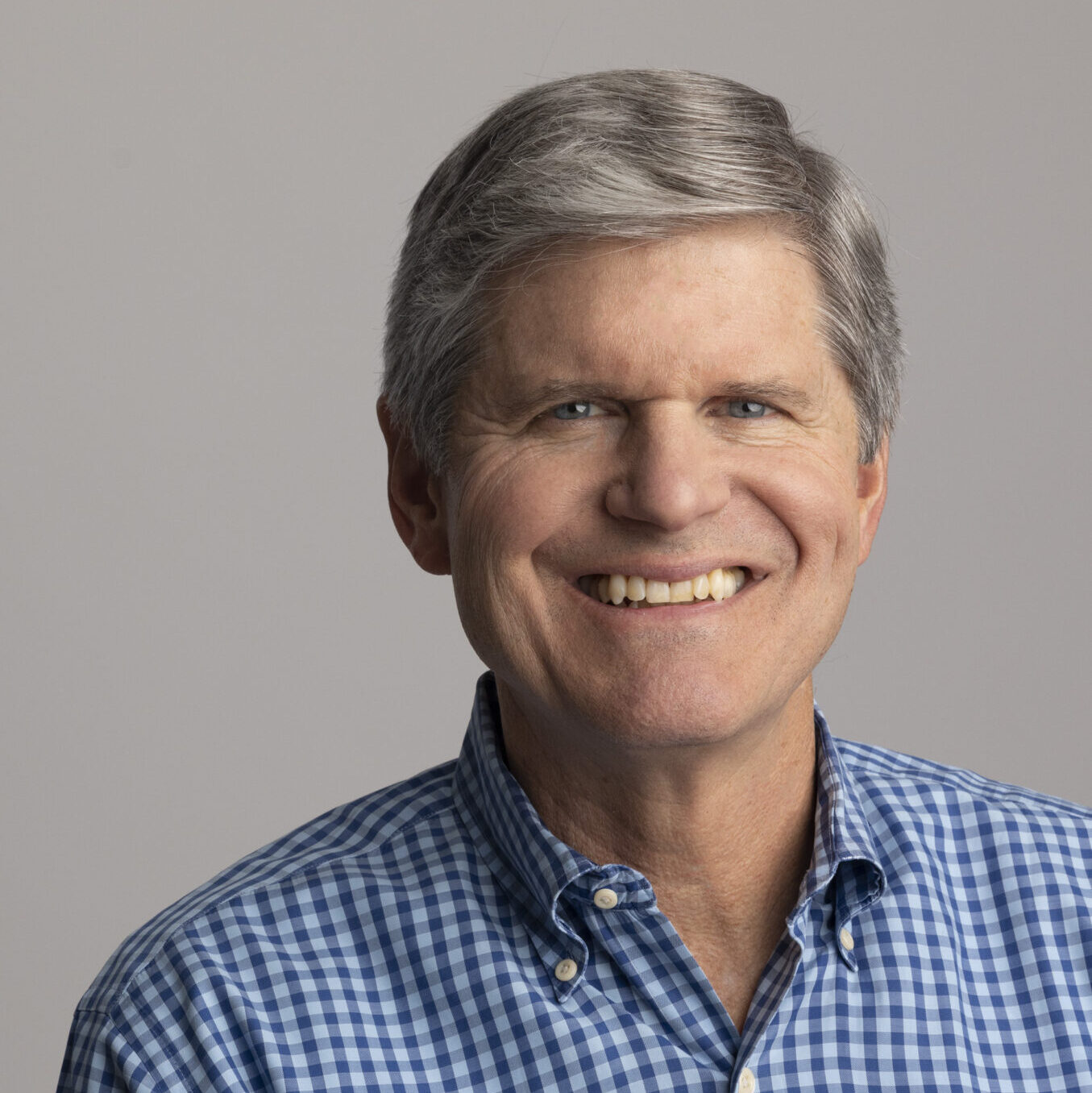Two years into the COVID-19 pandemic, most of the world knows how PCR diagnostics work. Anyone who has had to take a COVID-19 PCR test to travel, for work, or other reasons is familiar with both the promises and drawbacks of the testing technology. Namely, the long wait times for results and small number of pathogens that can be tested per sample. Results that are supposed to take 30 minutes in practice take much longer and sick folks that get a PCR test are often left with incomplete information about the cause and profile of their illness.
While the difference between a one-hour wait time and 30 minutes may seem inconsequential, that time period limits the clinical utility of PCR testing in many settings where it could be useful. Those extra minutes preclude a diagnostic from providing clinically actionable information within a single office visit. The results can include missed follow-up opportunities, sub-optimal treatment, and preventable negative health outcomes.
This is especially true in women’s health. Long wait times for test results have been the norm for many years with little innovation. It can take days, even weeks, to learn the results from biopsies, CAT scans, blood draws, MRIs, PAP smears, and other important diagnostic tests for cancer, infection, and other high acuity medical conditions.
Faster tests, like rapid at-home tests (lateral flow tests), exist but are not an easy fix. While these tests get to a faster answer, the information they contain is not sufficiently granular or reliable to inform proper medical treatment. They are error-prone and cannot convey information beyond a simple yes/no color change to indicate the presence of a single pathogen. But what if it were possible to obtain similarly rapid results for the frequently used lateral flow tests with the same or more information than slower PCR-based tests?
That is the vision of co-founders Amogha Tadimety, PhD and Alison Burklund, PhD, the CEO and CTO respectively of Nanopath Diagnostics. We at Norwest share their vision and are so impressed by the science and innovation at the company that we are co-leading a $10M Series A with SV Health Investors MedTech Convergence Fund and participation from Gingerbread Capital, Green D Ventures, and others.

Diagnostic testing beyond the limits of PCR
Amogha and Alison met at Dartmouth, where they both earned PhDs in engineering. Their shared passion is applying technological innovation and entrepreneurship to the challenges of improving healthcare worldwide. Their graduate research in optical-based nucleic acid signal detection and novel, chemistry-free sample preparation methods form the bedrock of the company’s technology and has been developed over the last five years.
To put these innovations in context, it helps to take a deeper look at the workhorse method for molecular diagnostic testing – polymerase chain reaction (PCR) technology.

PCR looks for snippets of DNA and RNA belonging to certain organisms in order to detect the presence of those organisms in a sample. To do this, PCR requires the creation of millions of copies of the DNA in a patient sample, a process known as amplification. Amplification involves heating and cooling a sample from 63 degrees Celsius to 95 degrees Celsius up to 30 times to enable proper functioning of polymerase (which creates the DNA copies). Amplification (and these cycles) are indispensable to the methodology but take a significant amount of time and cost. While PCR technology produces accurate results, it requires significant time and costly equipment. Further, it can only detect a limited number of DNA sequences/microbes at a time.
Alison and Amogha devoted their PhD studies to the development of proprietary (and now patented) methods of molecular diagnostics that circumvent the limitations of PCR. Their amplification-free technology produces test results in just 15 minutes, requires no specialized equipment, and potentially can check for many more pathogens than PCR. They already have proved that their technology can go far beyond PCR in the depth of information gleaned from a sample.
Imagine this: Instead of waiting days or weeks for test results, a patient and their OB-GYN could have the answer to important questions (and treatment plans) while they are still in the examining room.
Affordable, accessible gynecological care for billions
Working with a grant from the National Science Foundation, the Nanopath founders conducted a broad-based customer discovery study, interviewing more than 100 healthcare providers to understand where their technology might be used. The consensus was a focus on women’s health, given the many unmet needs and the lack of innovation historically to address them.
Nanopath’s focus on women’s health aligns with Norwest’s values. With their lower costs and greater portability, Nanopath’s tests could make a huge difference in diagnosing and treating disease throughout the world.
Norwest was introduced to Alison and Amogha when Senior Managing Partner Jeff Crowe was a judge at an entrepreneur pitch competition at Dartmouth. He was so impressed by their winning presentation that he flagged the company to me and the Norwest healthcare team, which led to a $250,000 seed investment to spin the company and technology out of Dartmouth.
In the 18 months since that competition, the progress Nanopath has made is astounding. The team has:
- adapted their technology from the lab to the clinic
- made key hires
- convened an impressive advisory board
- received recognition from the American Association of Clinical Chemistry
- initiated multiple clinical studies in partnership with leading hospital systems in the Boston area
All this (and more) while spending only half of the $1 million they initially raised.
We are excited to continue our partnership with Amogha, Alison, and the entire Nanopath team. Amogha and Alison are brilliant, tenacious, and motivated by the noblest of visions. They are ruthlessly efficient with money and have an ability to execute that is rare in founders who are running their first company. Most exciting of all is the long-term potential of their technology to provide better healthcare at a lower cost for billions of people worldwide.





